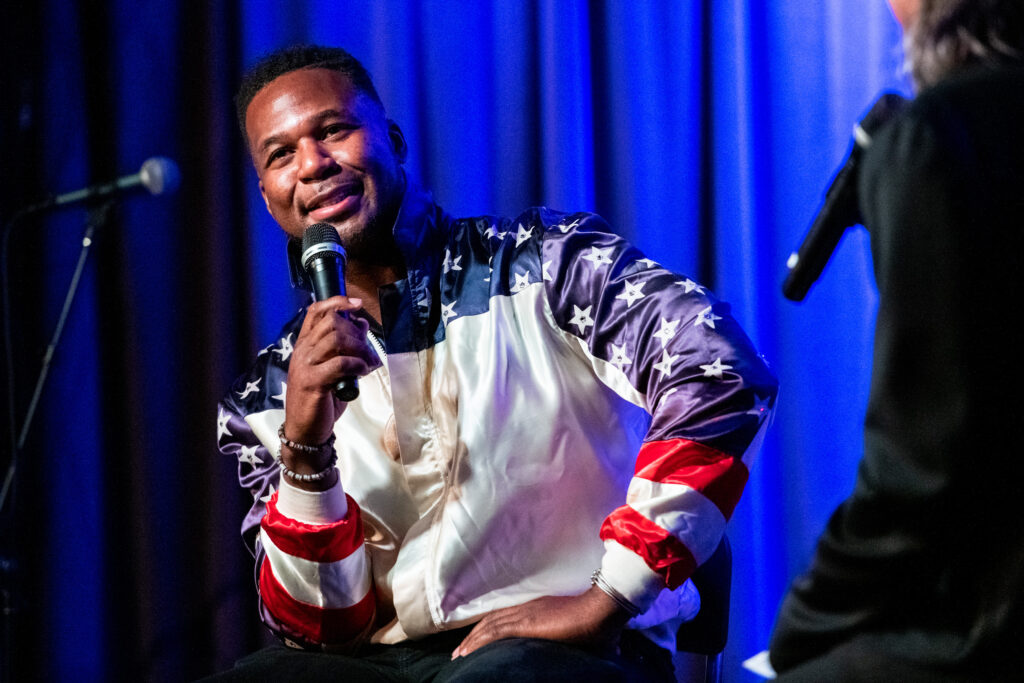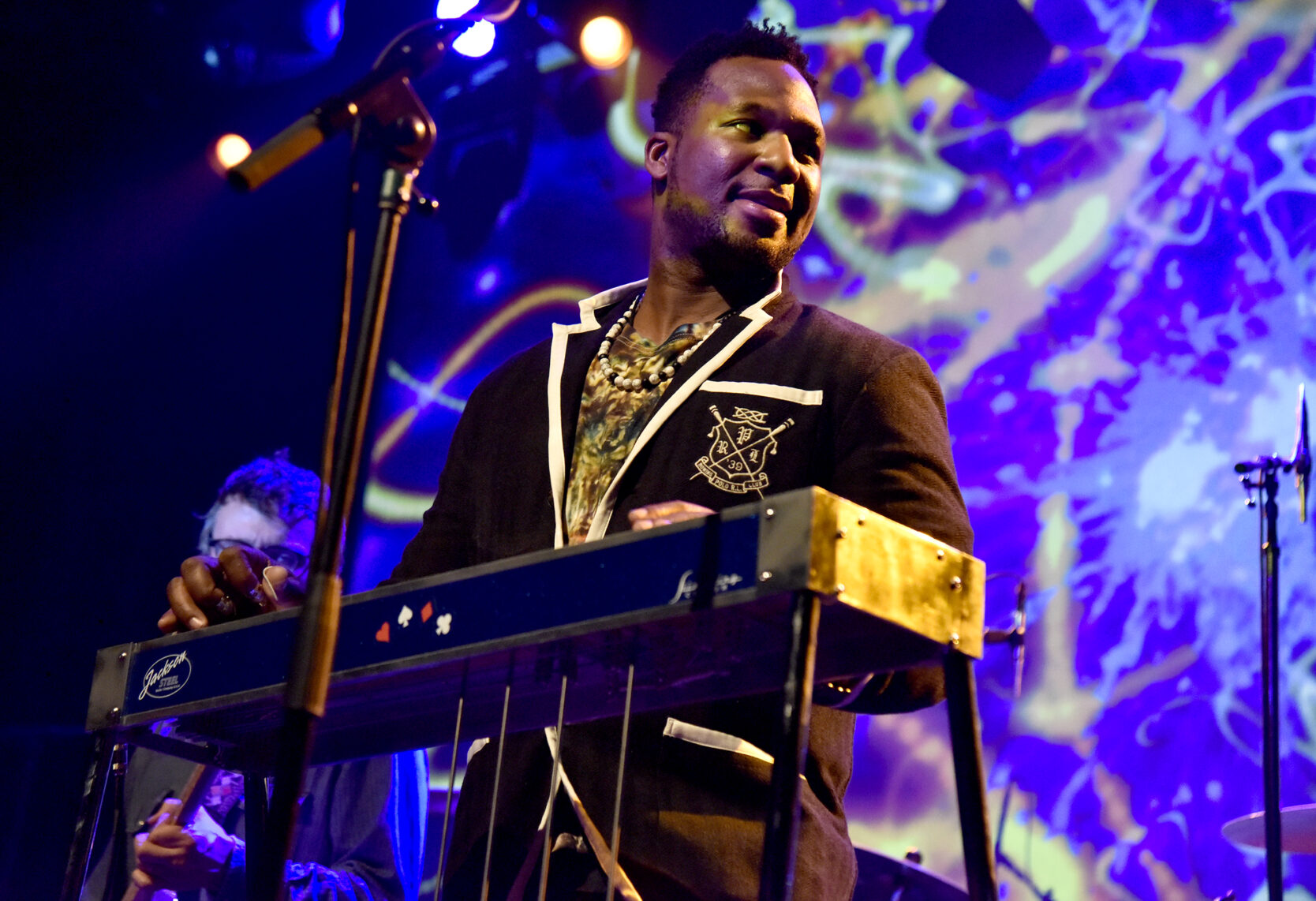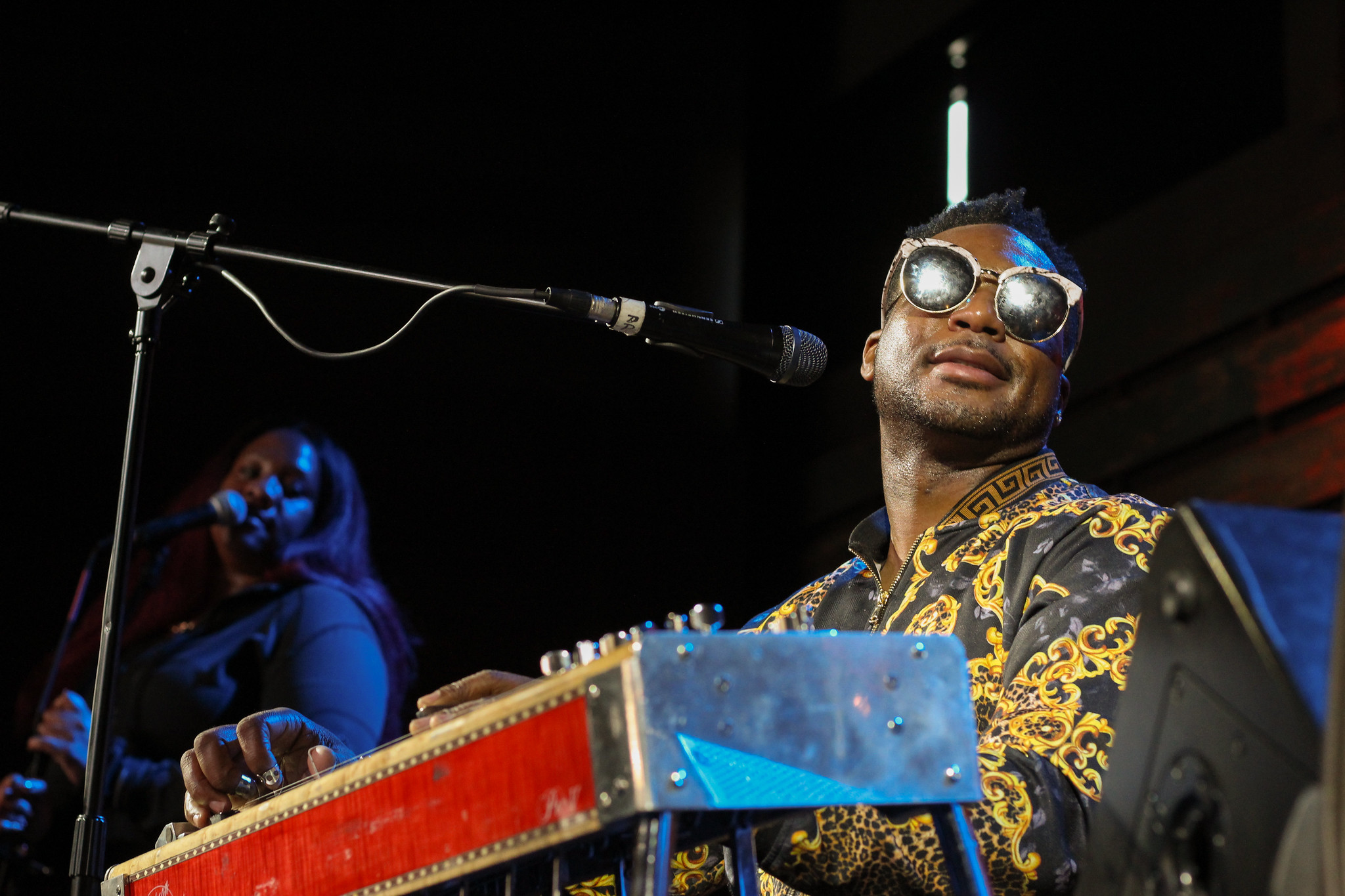Some people ask why we should celebrate Juneteenth when we already have Martin Luther King Jr. Day. MLK Day is about the wonderful legacy of a man. Juneteenth matters because it’s the official holiday for descendants of slaves. For years, Black history in schools has jumped from slavery to Martin Luther King Jr.—much of our narrative has been erased. This woefully abbreviated timeline ignores the Wilmington insurrection of 1898, Black Wall Street and the Tulsa Race Massacre of 1921, and the Harlem Renaissance of the 1920s and 1930s.
If someone is Irish-American, they can go to Ireland and, most likely, trace their family lineage and get a chance to see pictures and memorabilia. They can get a sense of who their family and ancestors were before they came to America. For many descendants of slavery, there is very little documented beyond which plantation our families toiled on. For me, I have the stories of my great grandmother who died in 1999 and lived to be 99 years old, but no pictures and little to piece my family’s history together.
I first learned about Juneteenth in church. I would hear stories about how after slavery was finally abolished in Galveston, Texas in 1865—the last Confederacy holdout— Black soldiers and Black cowboys would rescue Black people around the area still living in bondage. I also heard stories of Black people purchasing land—some of that land had oil on it—and also having their land taken away.
My family would talk about Juneteenth with a feeling of pride, but it actually wasn’t a big holiday. It wasn’t recognized as a national holiday until President Biden made it one on June 17, 2021. In the past five years, and in the wake of the George Floyd murder, Juneteenth has been more widely celebrated and part of the cultural dialogue. People march for the Black Lives Matter movement, the media is actively covering stories around the Black experience, and many people are using the internet to learn about the meaning and history of Juneteenth.

These times inspired me to organize Unityfest. This is a live concert and culture event presented by my Robert Randolph Foundation that brings together diverse voices in commemoration and celebration of Juneteenth and Black culture. This year will be the second-annual Juneteenth Unityfest, and the first time we can host the event, live and in person. What makes the celebration even more special is that Juneteenth falls on Sunday and on Father’s Day. Because of this, Unityfest will lean heavily on gospel music and explore the themes of hope, inspiration, faith, and, especially, fatherhood in the Black community.
Now that Juneteenth is an official holiday, and has gained so much well-deserved coverage, many Black people have had the chance to learn more about our lineage. The festivities bring the narrative and stories of Black descendants of slaves into the dialogue of modern culture, and this opens up a rich dialogue between generations of Black people. These conversations are so important to our evolution and our identity.
Time and time again, it’s always been the youth that are leading the charge and changing the things in the world. Young people of all races and backgrounds are starting criminal justice organizations, spearheading educational initiatives to include Black voices in school history classes, and making sure museums honor Black history with work that showcases our victories and the brutal reality of our days as slaves. We are in transformative times—history is being made right now.
As a father, I feel it’s my duty to explain to my kids that this is the day we celebrate the actual end of slavery. Of course, there is still struggle, hatred, and division, but I have faith the younger people will move things forward. People always talk about “the good old days,” but my grandmother remembers like yesterday being called every name in the book, having to only go in a “Colored Only” bathroom, and not being allowed to eat at certain places. When were the good old days?
Today, we are living in better days—we celebrate Black liberation, Black excellence, and the Black future. We have opened up a dialogue and that will move us forward. I feel the gates of change are opening.
A virtuoso on the pedal steel guitar, Robert Randolph jumped from spiritual to secular music and found an audience among blues fans, roots rock aficionados, and jam band followers with his fiery instrumental work and heartfelt music. As a man with a long history of community involvement, Randolph has remained passionately committed to programs and initiatives focused on family support and development. This passion inspired him to create the Robert Randolph Foundation as a skill development platform for youth from all walks of life to gain knowledge that can transform their lives regardless of their cultural, social, or racial backgrounds.
Juneteenth Unityfest, hosted by the Robert Randolph Foundation, will take place in Brooklyn, NY this Sunday, June 19th. For more information or to stream the event online, please visit https://juneteenthunityfest.





